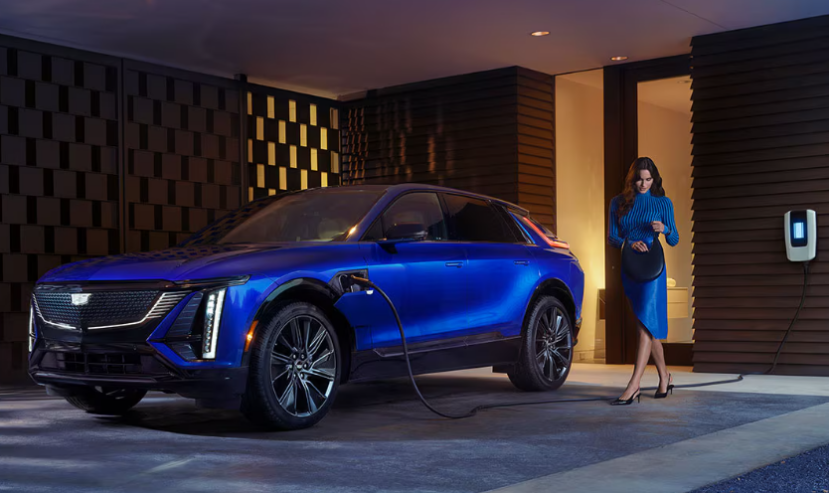According to Reuters, American automaker General Motors plans to produce low-cost batteries at its joint venture plant in Spring Hill, Tennessee, in collaboration with its Korean partner LG Energy Solution. The Ultium Cells LLC joint venture currently operates battery plants in Tennessee and Ohio, which were established in 2024 and 2022 respectively. The Tennessee plant is currently producing nickel-cobalt-manganese-aluminum (NCMA) batteries, while the Ohio plant will continue to produce similar batteries. To reduce the production costs of its electric vehicles and launch more battery options in the North American market, General Motors is advancing the mass production of lithium iron phosphate (LFP) batteries. On July 14, General Motors announced it would begin retrofitting the battery production line at its Spring Hill plant in Tennessee in the second half of this year, with commercial production expected to start by the end of 2027. The batteries produced at the Tennessee plant will be used for electric vehicles manufactured at the nearby assembly plant, including the Cadillac Lyriq. Additionally, General Motors stated that approximately 1,300 employees are working at the Tennessee facility. To further enhance worker conditions, ensure fair workplace practices, and guarantee equitable pay and benefits, the United Auto Workers (UAW) announced in March that workers at the Ultium Cells joint venture had overwhelmingly approved their first union contract with the company. Notably, LFP battery technology is becoming increasingly popular among American automakers, with GM's competitor Ford also making significant strides in this area. Ford plans to use technology from Chinese battery giant CATL to produce LFP batteries at a factory in Michigan, expected to begin production in 2026. Both General Motors and Ford are also developing lithium-rich manganese-based (LRM) batteries aimed at providing drivers with greater electric vehicle range without the need for frequent charging. Automotive executives have noted that battery range and high vehicle prices are among the main barriers preventing consumers from purchasing electric vehicles. However, it is important to mention that due to lower-than-expected demand for electric vehicles, automakers like General Motors have adjusted some of their electric vehicle production targets. Despite this, automakers continue to invest billions of dollars into future battery technologies and electric vehicle production facilities, anticipating that consumers will eventually shift from traditional fuel vehicles to electric vehicles.
General Motors to Produce Low-Cost Batteries in Tennessee with LG Energy Solution

Share this post on: